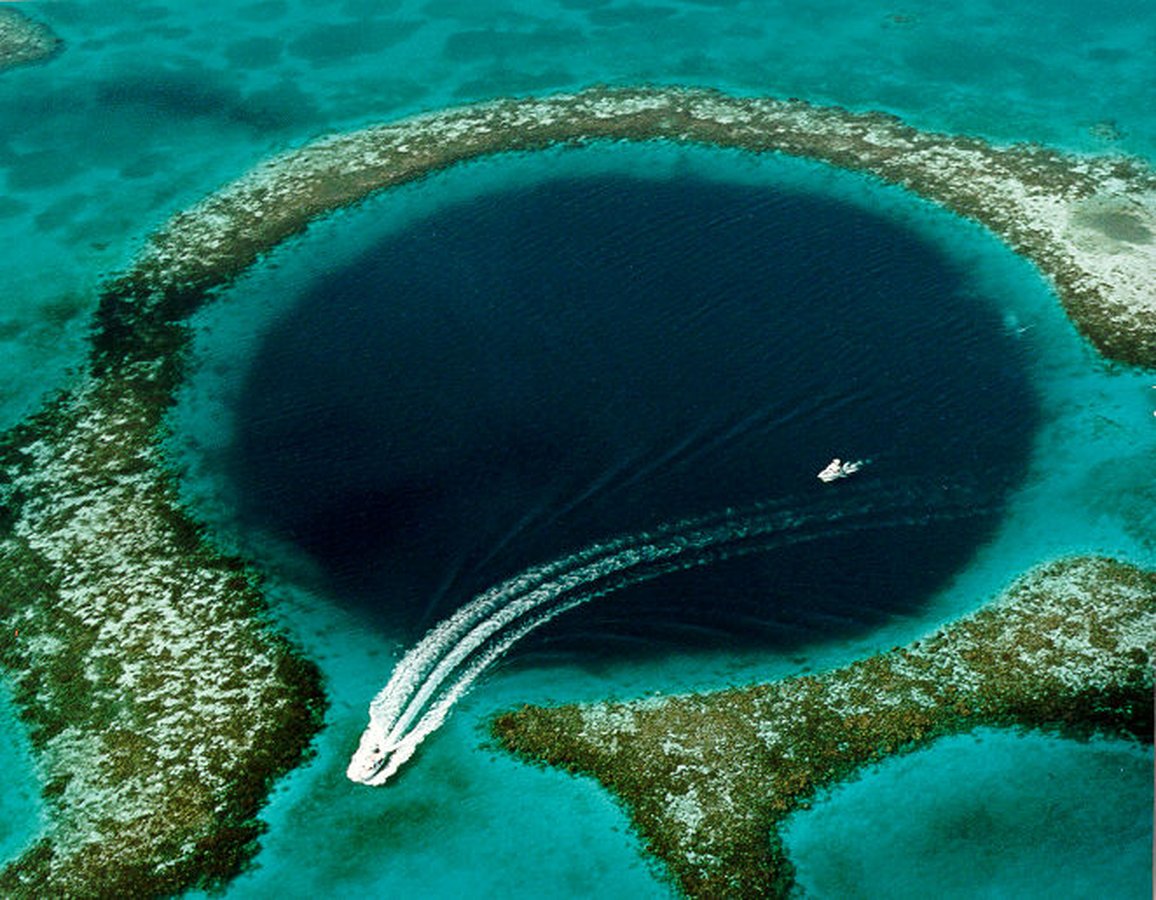🇧🇿map Belize [Residency]

Overview
Belize is a small, English‑speaking country on the Caribbean coast of Central America, known for its laid‑back vibe, barrier reef, and multicultural communities. For most travelers and remote workers, the first question is how long you can stay and on what status. Belize generally welcomes visitors from many countries without a visa in advance, while others need to obtain a visa before travel; entry rules can vary by nationality, so it’s smart to check with a Belizean embassy or consulate before you book. On arrival, immigration officers typically grant a short stay that can be extended month‑to‑month inside Belize, which is why it’s popular with digital nomads testing the waters. You’ll need a passport with at least six months’ validity beyond your intended stay, proof of onward or return travel, and enough funds for your visit.
Tourist and Short-term Visas
Most visitors arrive on a tourist status that allows an initial stay (often 30 days) stamped at the airport or land border, with the option to extend in‑country at an immigration office for a fee. If your nationality requires a visa in advance, you’ll apply through a Belizean embassy or consulate, usually with a completed form, passport photos, proof of accommodation, financial means, and travel itinerary. Short business visits are generally handled under similar entry rules, but be clear that you’re attending meetings and not taking up employment; actual work in Belize requires a work permit. Processing times and fees can change, and extensions are not automatic, so plan buffer time and bring printed copies of your reservations and onward ticket when you visit immigration.
Work Visas and Permits
If you want to earn income in Belize, you’ll need a work permit rather than just a tourist extension. Employers commonly sponsor these, showing the role, contract terms, and why a non‑Belizean hire is needed; self‑sponsorship is possible for freelancers or business owners, but you’ll provide extra documentation about your company, income, and activities. Expect to show qualifications, references, police clearance, and medical checks, and don’t start working until the permit is approved. Timelines vary by the type of work and where you apply, so factor in several weeks to a few months and keep your legal stay current while the permit is processed.
Long-term Residence
Belize offers routes to stay longer, including temporary residence for those who can show steady income or investment, and permanent residence after maintaining lawful presence for an extended period. Retirees often look at Belize’s retiree‑friendly options that emphasize proof of pension or passive income, plus clean police records and basic medical screening. Investors and entrepreneurs can support applications with business plans, company registrations, or property purchases, though investment alone doesn’t replace immigration approvals. Family members of Belizean citizens or residents may apply for dependent or reunification paths, which still require documentation and background checks.
Application Process
Getting your status sorted is easiest if you break it into steps: confirm the right category (tourist, business visitor, work permit, temporary or permanent residence), gather the documents, and apply through the appropriate channel. First, check eligibility by nationality and purpose, then collect the essentials: valid passport, photos, proof of funds, accommodation, return or onward ticket, police certificate, and any employer or financial letters. Apply at a Belizean embassy/consulate before travel when required, or at a local immigration office inside Belize for extensions, work permits, and many residence applications. Be ready for an interview or follow‑up questions, and keep copies of everything you submit so you can track your file and respond quickly to any requests.
Costs and Fees
Budget for government fees at several stages—visa issuance (if applicable), monthly extensions, work permit applications, and residence filings. You may also have costs for document legalization, police certificates from your home country, medical exams, and translations if your papers aren’t in English. Health insurance isn’t always mandatory for short visits but is strongly recommended; for long‑term stays and work permits, proof of coverage can strengthen your application and smooth approvals. If you use a courier, agent, or legal professional, factor in service fees on top of government charges.
After Arrival
Once in Belize, keep your entry stamp and receipts organized, and note the date your status expires so you can renew on time. If you’re working, you’ll complete work permit activation steps and follow any employer registrations for payroll and social security. Opening a local bank account is possible with your passport, immigration status, and proof of address; some banks may also ask for bank references or employment letters. Take a day to locate the nearest immigration office, understand their hours, and learn which days they handle extensions or permit pickups to avoid last‑minute scrambles.
Common Issues and Tips
The most common hiccups are overstaying a stamp, starting work without the permit in hand, or letting documents (like police certificates) go stale before submission. Avoid delays by keeping your passport valid well beyond your intended timeline and carrying printed copies of bookings and financial proof. If an application is refused, you can usually address the reason—missing documents, unclear income, or insufficient ties—and reapply; experienced local attorneys or relocation advisors can be helpful for complex work or residence cases. Rules and fees do evolve, so before you make firm plans, confirm the latest guidance with a Belizean embassy, consulate, or the local immigration office, and give yourself more time than you think you need.
Sophia
Sophia is a relocation specialist and cross-border business consultant originally from Toronto, Canada,
with over 13 years of experience in North American and Caribbean markets. Having worked for major
international relocation firms and managed corporate assignments across the United States, Canada,
Mexico, and popular expatriate destinations in Central America and the Caribbean, Sophia has extensive
experience facilitating international moves for professionals and retirees. Her expertise spans both
the practical aspects of visa navigation and the cultural nuances of adapting to life in North American
and Central American communities.
Published: 2025-07-28